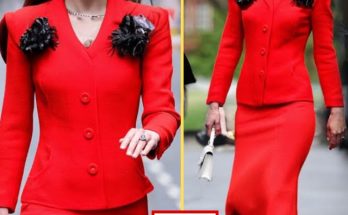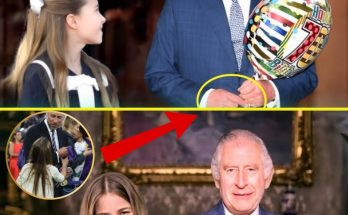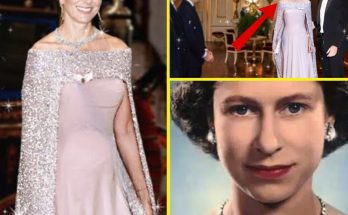Olympic gold medallist Imane Khelif has officially been banned from competing inWorld Boxing events less than a year after competing at the Paris Games.
Throughout the 2024 Paris Olympic Games, Algerian boxer Khelif made headlines after a debate regarding over gender emerged following her dominance in the women’s welterweight event.
A year before the Olympic Games, Khelif failed the International Boxing Association (IBA) gender eligibility tests at the World Championships, but was cleared by the International Olympic Committee (IOC) to compete in Paris.
The 26-year-old went on to win the gold medal in the women’s 66kg division with relative ease, further adding fuel to discussions over her gender.
And now, nearly a year after the Paris Olympics, Khelif been banned from competing in all future World Boxing events in the women’s category, unless she can provide proof of being biologically female.
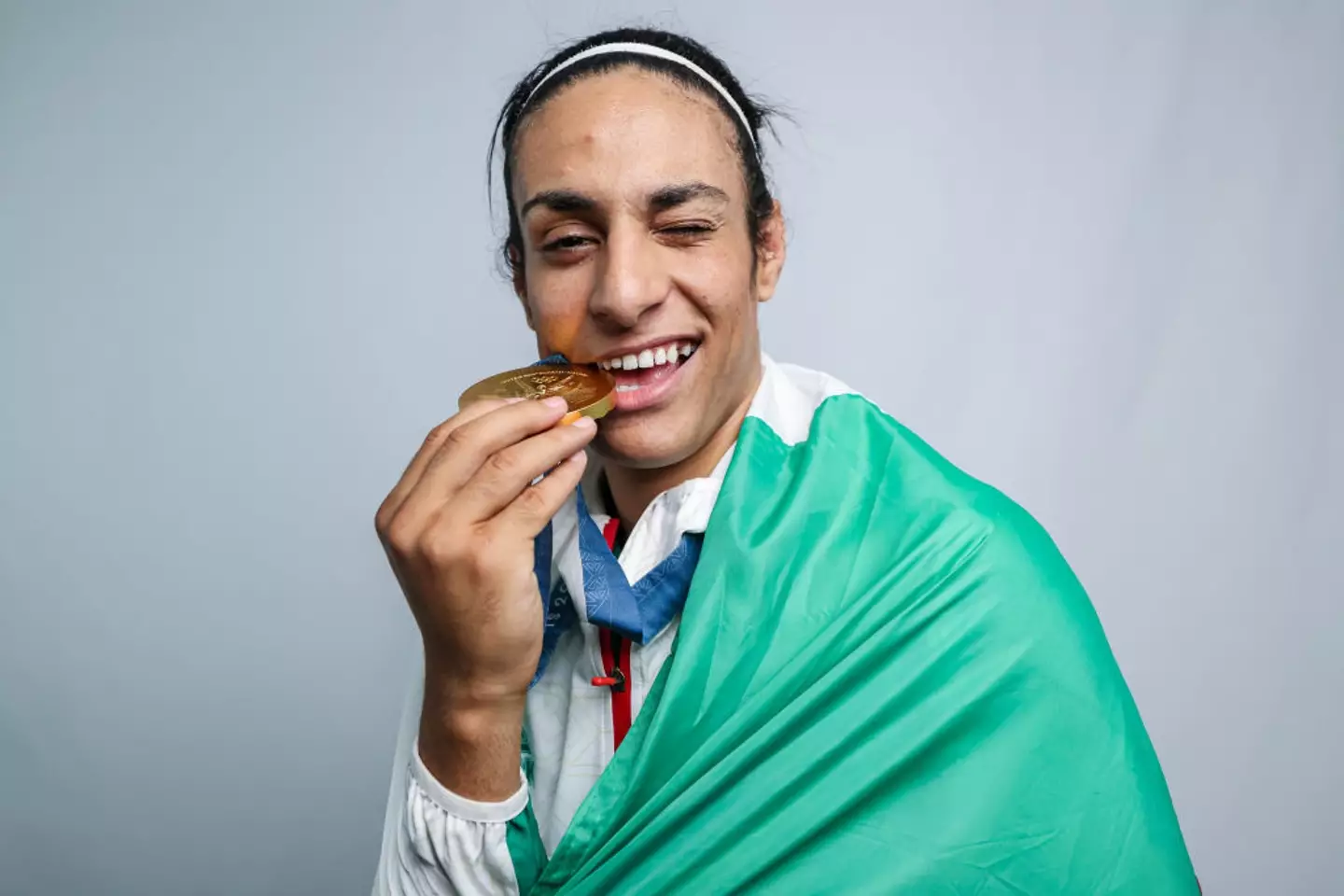

Imane Khelif claimed gold in the women’s 66kg at the Paris Olympic Games. (Image: Getty)
In recent months, World Boxing has faced mounting pressure about safety and fairness in women’s sport, perhaps leading to their decision.
They recently confirmed that Khelif would be cleared to compete in the female division of next week’s Eindhoven World Cup, if she passed mandatory sex screening.
But as the 26-year-old has not submitted to any such test in the nine months since the Olympics, World Boxing have now handed her an indefinite ban.
“The introduction of mandatory testing will be part of a new policy on ‘Sex, Age and Weight’ to ensure the safety of all participants and deliver a competitive level playing field for men and women,” World Boxing said in an official statement.
“The fighters’ national federations will be responsible for administering the tests and providing the results to World Boxing.”
The boxing organisation also confirmed that this decision was taken in response to ‘the particular circumstances around some boxers,’ including Khelif, who had been informed of the change in policy.
“Imane Khelif may not compete in the female category at the Eindhoven Box Cup or in any World Boxing event until Imane Khelif undergoes genetic screening in accordance with World Boxing’s rules and testing procedures,” the statement added.
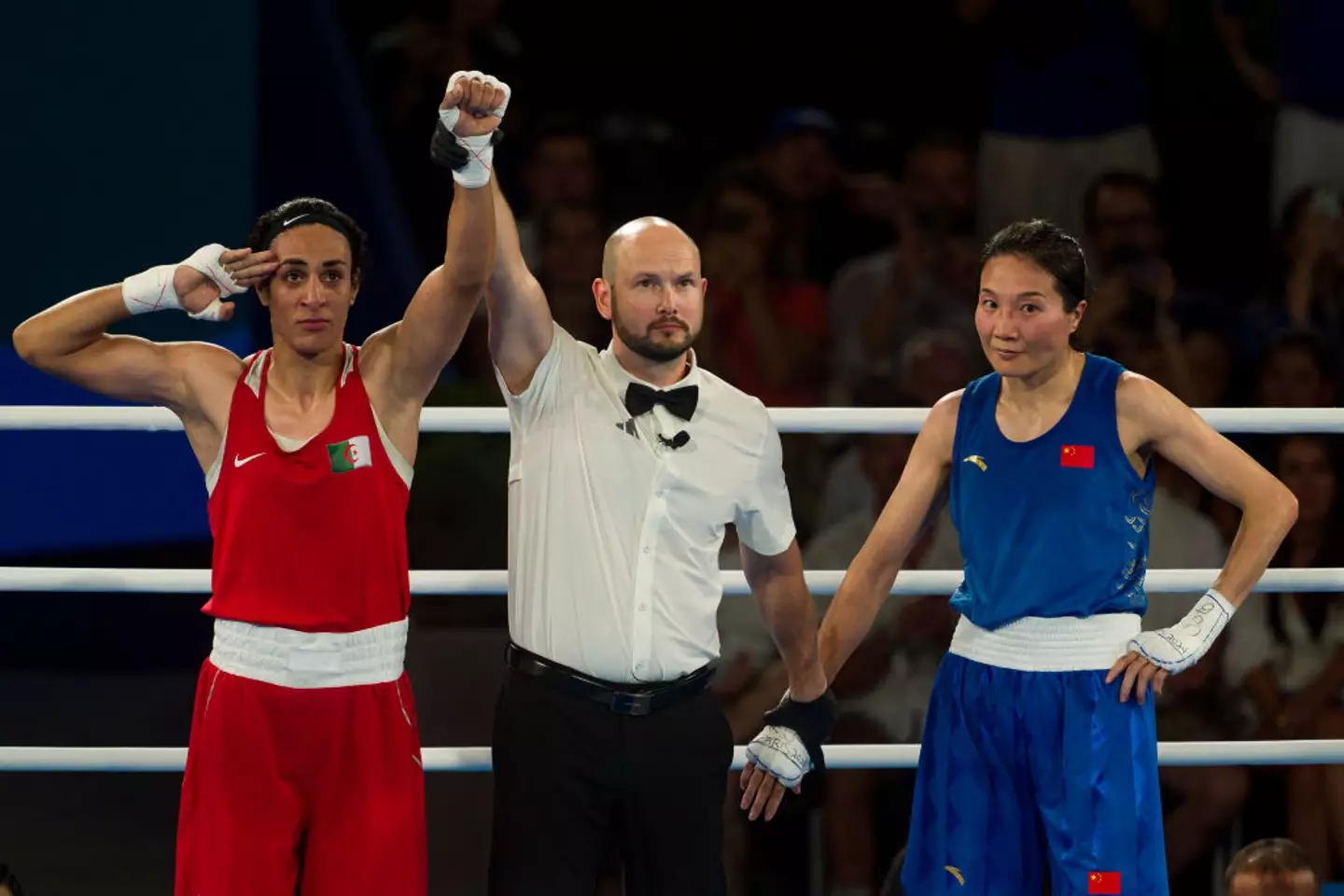

Khelif defeated Liu Yang in to win gold in Paris. (Image: Getty)
Ever since questions regarding her gender were raised at the Olympics, Khelif has adamantly stated that she is a woman and that she contests the IBA’s previous findings.
In a recent interview with The Telegraph, she said: “I see myself as a girl just like any other girl. I was born a girl, raised as a girl, and have lived my entire life as one.”
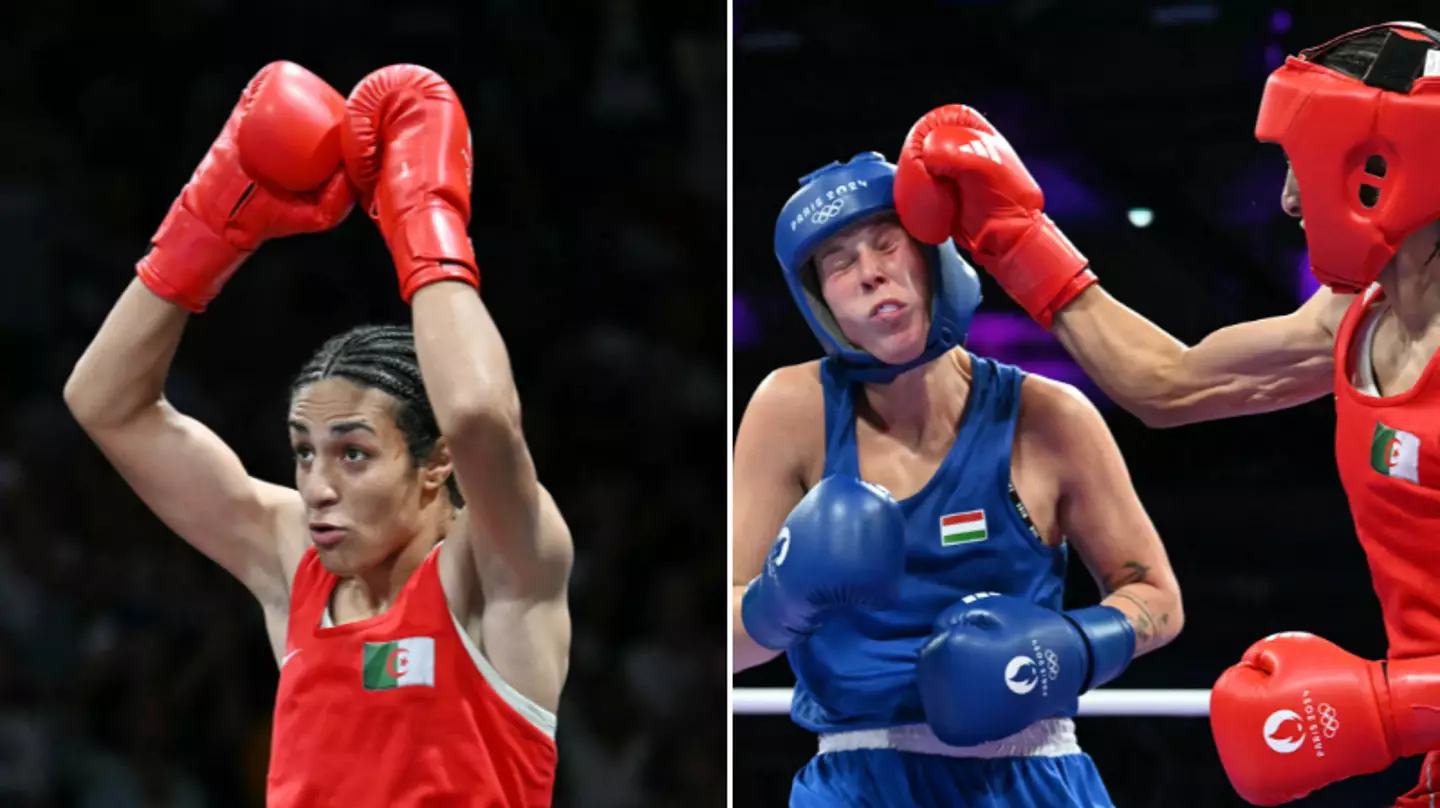

Imane Khelif returned to the ring with a second consecutive victory at the North Paris Arena on Saturday as debate over her participation in the Olympic event continues.
Khelif’s involvement in the showpiece has become one of the most talked about topics relating to this year’s games in Paris.
The controversy stems from Algerian Khelif and Lin Yu-ting of Taiwan being banned from the Women’s World Championships in New Delhi, India last year.
IBA, the governing body at the time, said that both “have XY chromosomes” and failed gender eligibility tests.
However, the IBA were stripped of its duties as a governing body by the IOC (International Olympic Committee) and replaced by the Paris Boxing Unit (PBU) for the Olympics.
They allowed both to compete, as they did in the delayed Tokyo Olympics back in 2021.
Khelif was born a female and has not transitioned despite mass misinformation spread online.
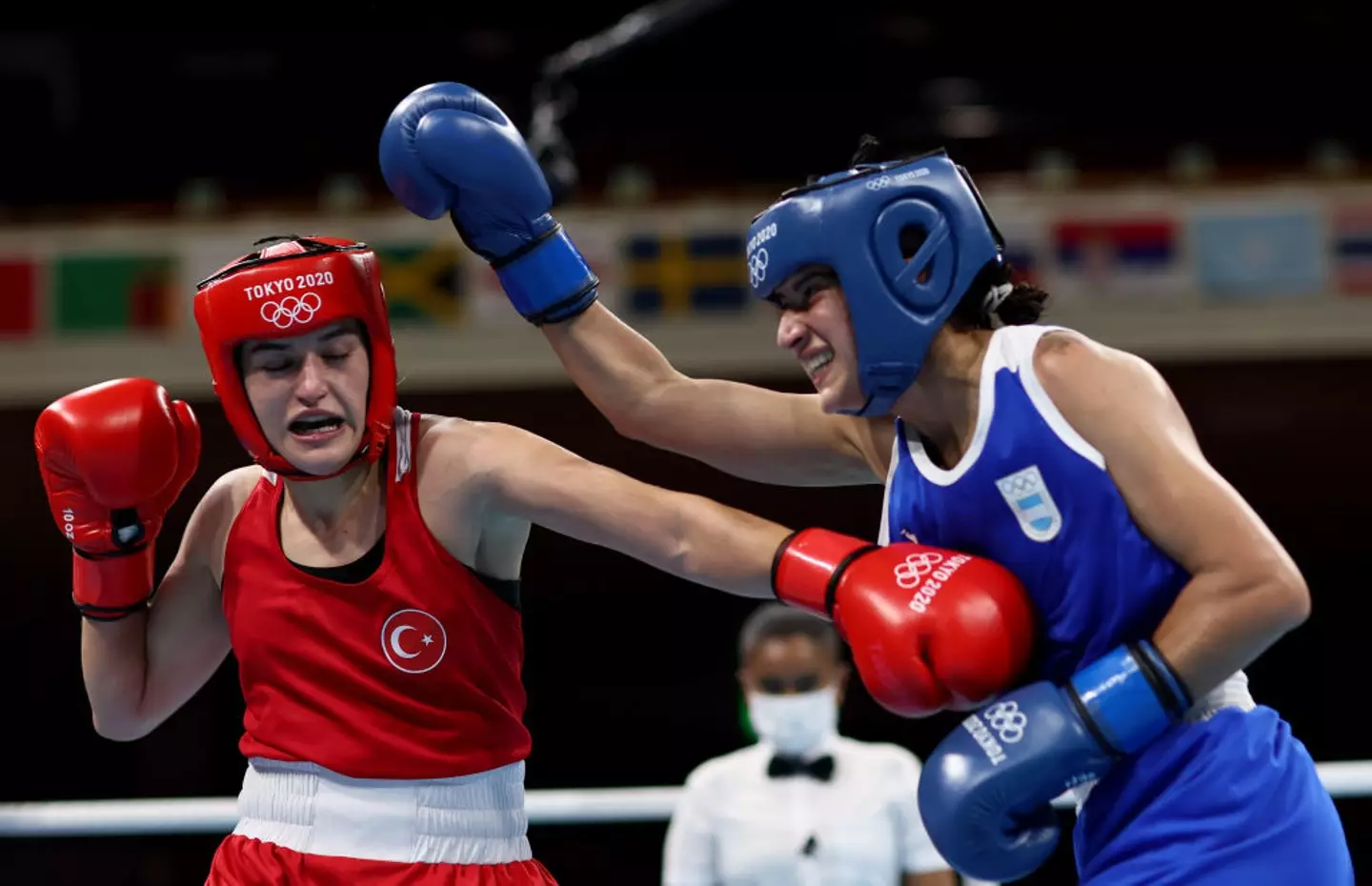

Olympic boxing- Getty
Her second round encounter in the women’s welterweight competition saw Angela Carini of Italy withdraw just 46 seconds into their fight after she was caught with two punches which she said were the “hardest’ she had ever been hit with.
She then said it was unfair that Khelif was allowed to compete, causing an almighty storm that she later apologised for.
Khelif progressed to the quarter final of the 66kg bracket and was paired against Hungarian Anna Luca Hamori, who received backlash for a series of Instagram posts which fans called “disgusting” and “sad”.
Despite having a point removed for excessive holding, she controlled the three-round fight in slick fashion with her jab and qualified for the semi finals after a clean sweep victory on the judges’ scorecards.
She showed sportsmanship by sharing an embrace with her opponent and opening up the rope for her to exit the ring.
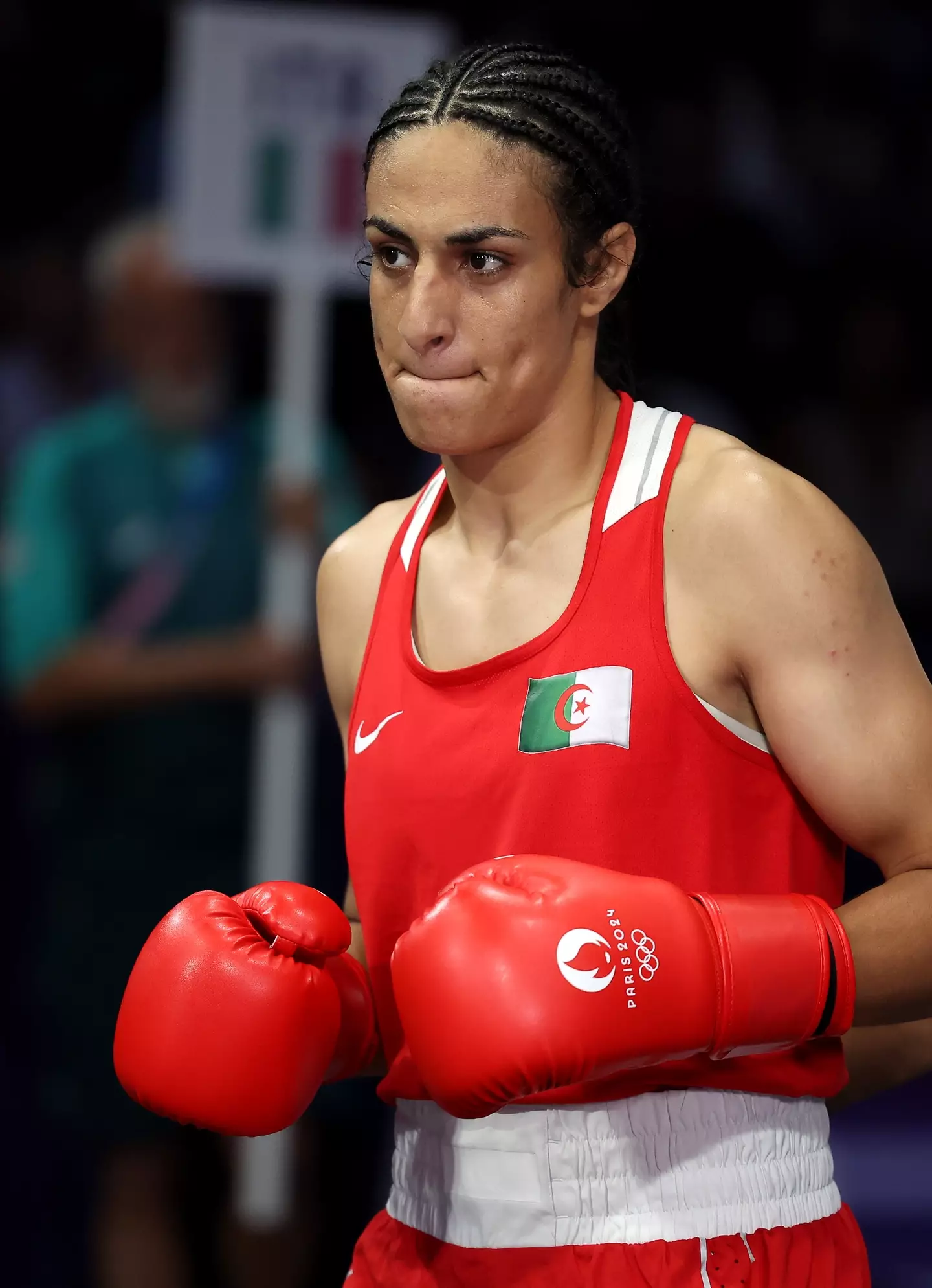

Image: Getty
The 25-year-old was overcome with tears of joy as she celebrated with her coaches after guaranteeing at least a bronze medal.
On Thursday, the IOC posted a detailed statement clarifying the matter and why Khelif is able to fight, while the Algerian Olympic Committee said the boxer was a victim of “unethical targeting” and “baseless propaganda”.
Khelif has largely remained silent, though her father Omar leapt to her defence and told Sky News her previous opponent was beaten “because my daughter was stronger and she was softer”.
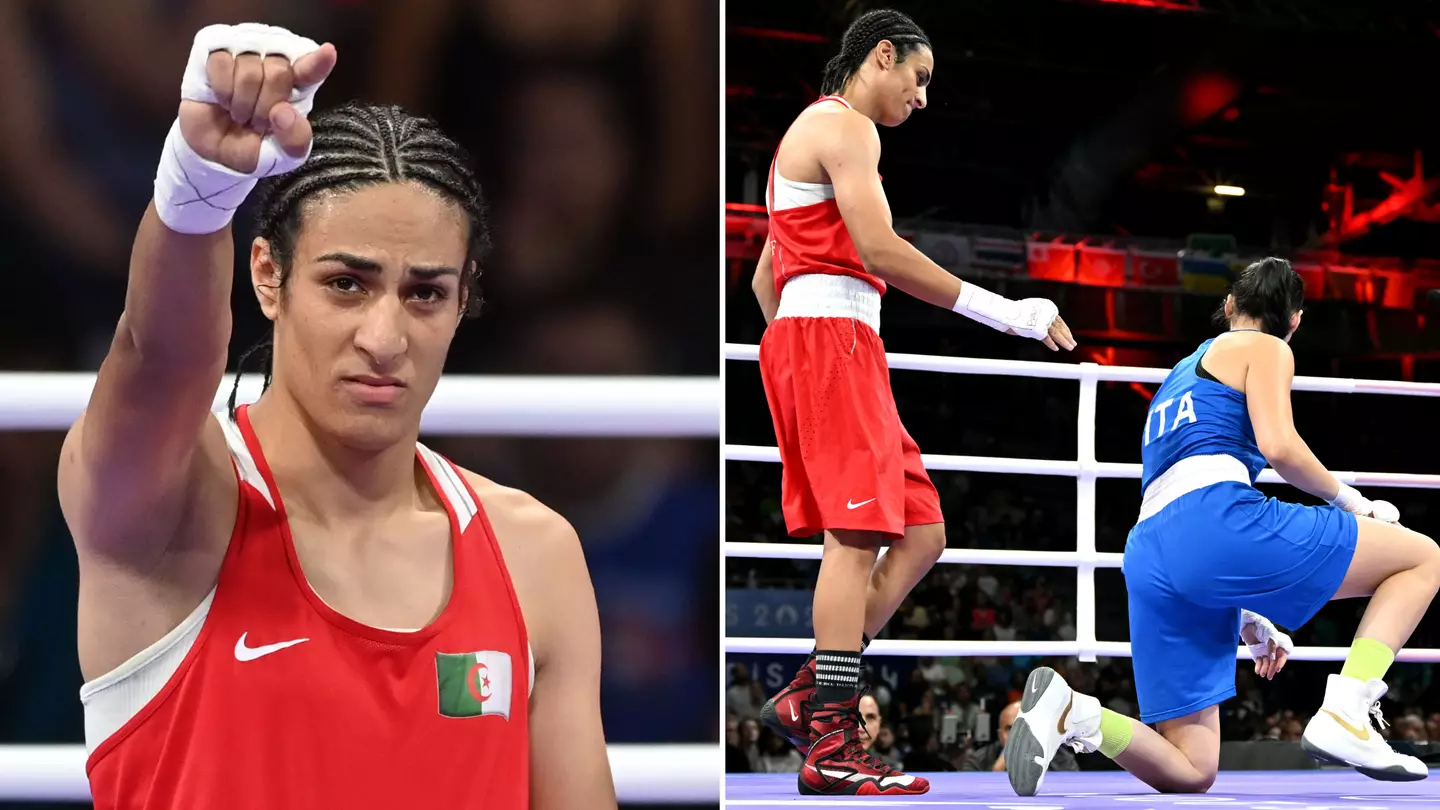

Amid the controversy surrounding Imane Khelif’s involvement at the 2024 Games in Paris, the Algerian Olympic Committee have backed their fighter with a strongly-worded statement.
On Thursday, Italian fighter Angela Carini broke down in tears after she abandoned her 66kg women’s boxing match against Algeria’s Khelif, just 46 seconds into the contest.
Carini, who said she had “never been hit so hard” in her life, was punched twice by Khelif in the opening round.
The 25-year-old, who was left with a suspected broken nose, made an attempt to continue following a brief timeout but after speaking to her coaching team, she was caught again seconds later.
Carini then raised her glove again to the referee, signalling her intention to withdraw. Carini later refused to shake Khelif’s hand after the result was confirmed.
Since the welterweight clash on Thursday, there has been a wave of reaction, with particular attention given to Khelif for being disqualified from the Women’s World Championships last year for failing gender eligibility tests.
At the time, International Boxing Association (IBA) president Umar Kremlev said the DNA test showed Khelif to have the male XY chromosome.
Women typically have XX chromosome pairs, and men typically have XY pairs.
Neither Khelif nor Taiwanese boxer Lin Yu-ting – another fighter who was disqualified from last year’s World Championships for failing gender eligibility tests – have ever identified as male, transgender, or as intersex.
The International Olympic Committee (IOC), which runs the Olympic boxing events, said the disqualification was as a result of elevated levels of testosterone in her system.
And on Thursday, the IOC confirmed that it allowed allowed Khelif to compete in women’s boxing at the 2024 Paris Olympics due to her meeting the criteria they set out.
“Every person has the right to practise sport without discrimination,” the statement read. “All athletes participating in the boxing tournament of the Olympic Games Paris 2024 comply with the competition’s eligibility and entry regulations, as well as all applicable medical regulations set by the Paris 2024 Boxing Unit (PBU).”
Now, Algeria’s Olympic Committee have backed their fighter with a statement of their own.
The AOC said: “The International Olympic Committee has reaffirmed its commitment to ensure that all athletes participating in the Paris 2024 Olympic Games comply with the eligibility and compliance rules.
“Our team athletes, including our champion, have always adhered to these regulations in all international competitions. We strongly support our heroine and continue to defend her rights as a fair and qualified competition.”
Ahead of Thursday’s contest at the North Paris Arena, Algeria’s Olympic Committee issued a public statement condemning “baseless” attacks on Khelif after questions were raised over her participation at the Olympics.
The statement read: “COA strongly condemns the unethical targeting and maligning of our esteemed athlete, Imane Khelif, with baseless propaganda from certain foreign media outlets.
“Such attacks on her personality and dignity are deeply unfair, especially as she prepares for the pinnacle of her career at the Olympics.
“The COA has taken all necessary measures to protect our champion.”
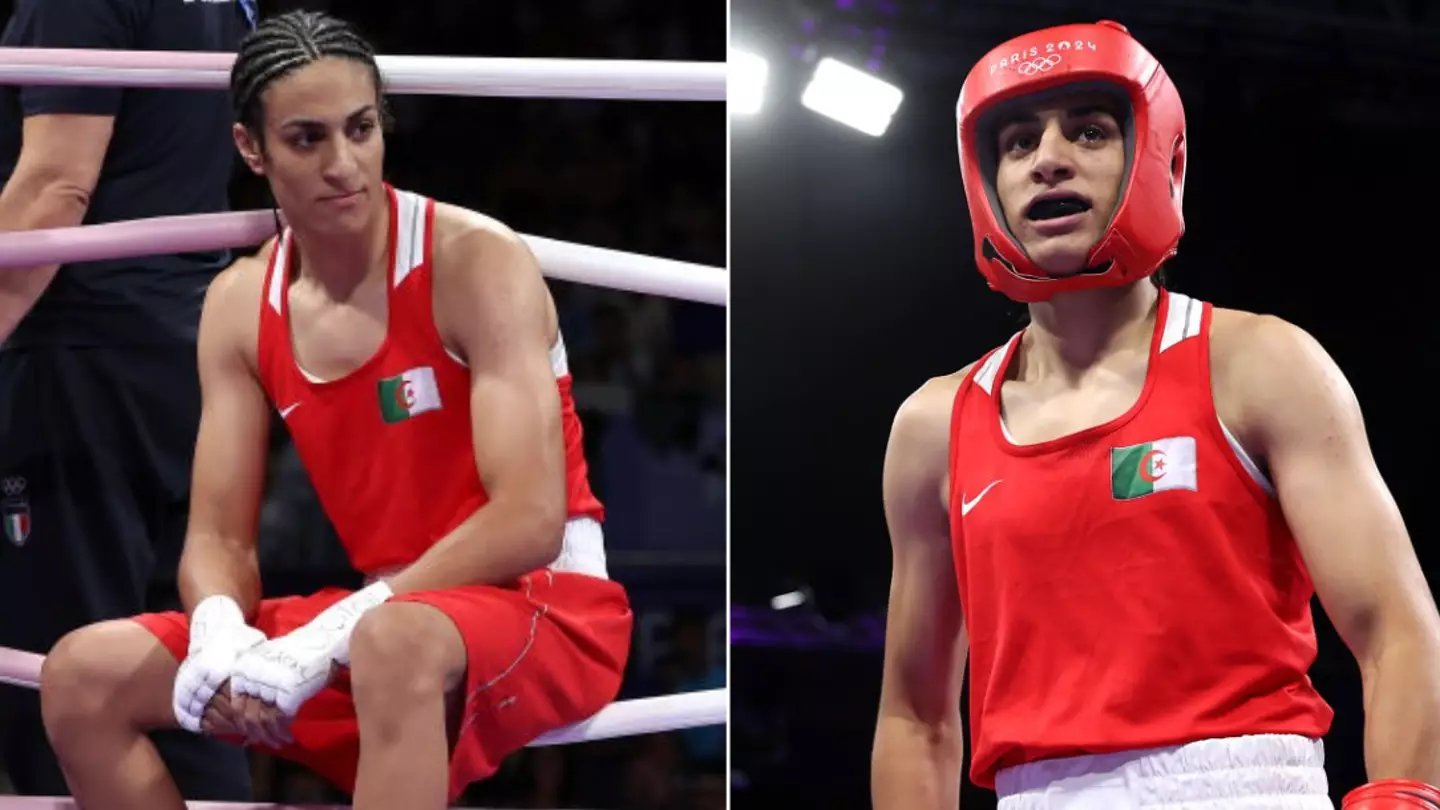

British boxing expert Steve Bunce has revealed what rival fighters have said about Imane Khelif being allowed to compete at the Olympic Games in Paris.
Khelif was at the centre of a hugely controversy incident on Thursday when her first round welterweight opponent Angela Carini withdrew from their bout after just 46 seconds.
Carini decided that she could no longer continue after being rocked by two punches from Khelif in the opening exchanges of their fight at the North Paris Arena.
The involvement of Algerian fighter Khelif and Taiwan’s double world champion Lin Yu-ting in this year’s Olympics has prompted fierce debate, with the pair disqualified from last year’s World Championships after failing gender eligibility tests.
Khelif was disqualified hours before her gold medal bout at the Championships in New Delhi after she failed to meet the International Boxing Association’s (IBA) eligibility criteria, with the BBC reporting that she failed a testosterone level test.
However, the Russian-led IBA has long faced questions about its governance and in June of last year was stripped of its status as the sport’s world governing body by the International Olympic Committee (IOC).
As a result, the boxing competition at the 2024 Olympics is instead being overseen by another body, the Paris Boxing Unit (PBU), which approved both Khelif and Lin to take part in the Games.
Speaking after withdrawing from Thursday’s fight, Carini explained why she had pulled out of the bout after initially agreeing to fight.
“I have always honoured my country with loyalty,” she said. “This time I didn’t succeed because I couldn’t fight anymore.
“I put an end to the match because after the second blow, after years of experience in the ring and a life of fighting, I felt a strong pain in my nose.
“I said ‘that’s enough’ because… I could not bring the match to an end. So I thought, maybe it’s better to put an end to the match.”
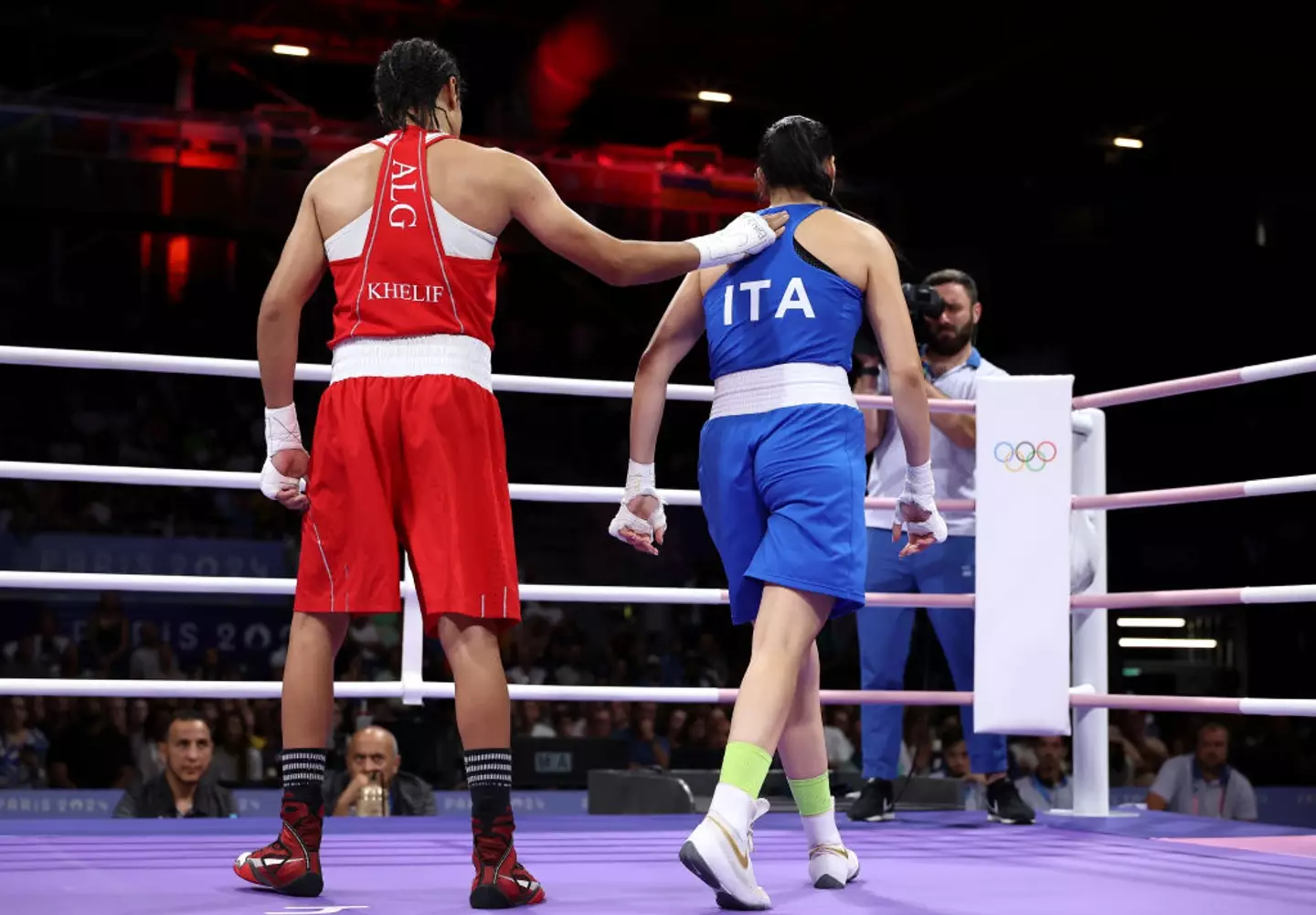

Carini withdrew from her bout with Khelif (Image: Getty)
British boxing expert Bunce says he “feels” for both Carini and Khelif and claims not all female fighters are opposed to the Algerian taking part.
“I think it has hurt Olympic boxing at a crucial time where its future is still being discussed. It’s an absolute disaster,” Bunce told the BBC.
“What’s interesting is in the build up to the fight, some of her old opponents, good fighters, world champions and European champions, have said [Khelif] is not a cheat.
“She’s not a devastating puncher, that is only her fifth stoppage.
“Carini, I feel for her absolutely, but you have to feel a little bit for Khelif, she’s stuck in the middle of something here that’s absolutely devastating and it’s not over yet.”
Khelif moves on to the quarter-finals of the women’s welterweight competition, with her next fight scheduled for Saturday against an opponent who is yet to be confirmed.
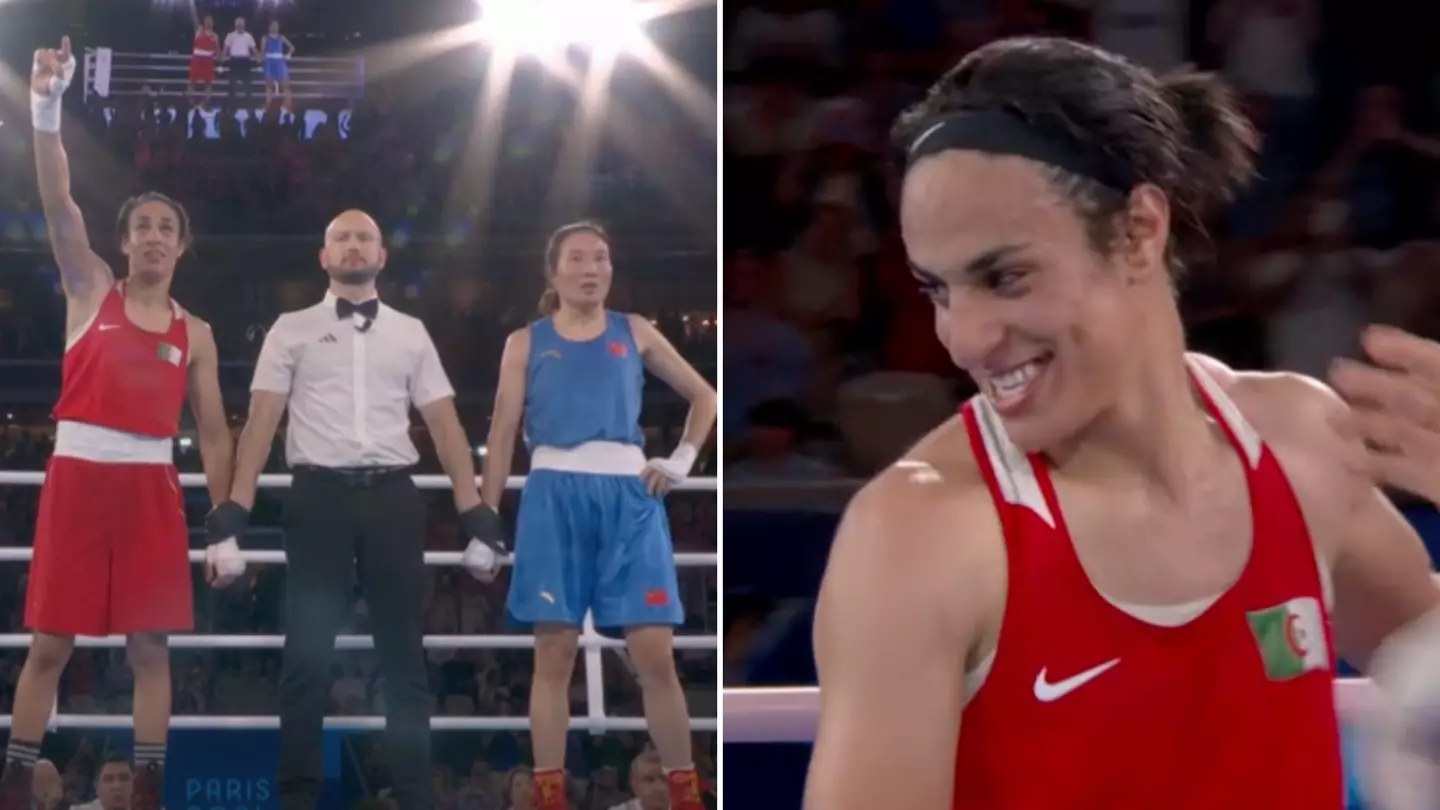

Imane Khelif has earned some serious prize money after winning the Olympics women’s welterweight boxing final.
On Friday evening Algerian boxer Khelif defeated China’s Yang Liu by unanimous decision in the gold medal bout of the women’s 66kg boxing.
The 26-year-old made history by becoming only the second Algerian boxer to win a gold medal at the Olympic Games.
Khelif’s route to the final was overshadowed by controversy over her eligibility to fight in the women’s competition.
Khelif was disqualified from the Women’s World Boxing Championships last year after she failed gender eligibility tests.
The International Boxing Association [IBA] did not not disclose exactly what the tests were, but IBA president Umar Kremlev claimed that she had XY chromosomes.
No evidence has ever been produced to support that claim.
The IBA does not govern Olympic boxing due to governance issues, and Khelif passed the International Olympic Committee’s own eligibility tests.
Khelif was born a female and has always identified as female.
The Algerian’s name made headlines last week after her fight with Italian Angela Carini ended after just 46 seconds, with the Italian leaving the ring in tears. The 25-year-old boxer has since faced backlash across social media after erroneous reports over her gender.
Carini has since apologised for her reaction and comments, however, Khelif continued to face an onslaught of abuse online, prompting her dad Omar Khelif to show her birth certificate on French TV to prove she was born a girl.
Despite the backlash, Khelif went on to beat Hungary’s Anna Luca Hamori and Thailand’s Janjaem Suwannapheng to earn herself a spot in the final and a guaranteed medal.
According to essentiallysports, a gold medalist boxer receives $100,000 (£78,515) prize money. Half of the prize money goes directly to the athlete, while the other half is split between the National Federation and for the coach.
Had Khelif lost the bout, she would have still received a prize of $50,000 (£39,300), $25,000 of this will go to the athlete and the other half given to the coach and the National Federation combined.
The money is awarded by the International Boxing Association (IBA), which could make things complicated for Khelif.

